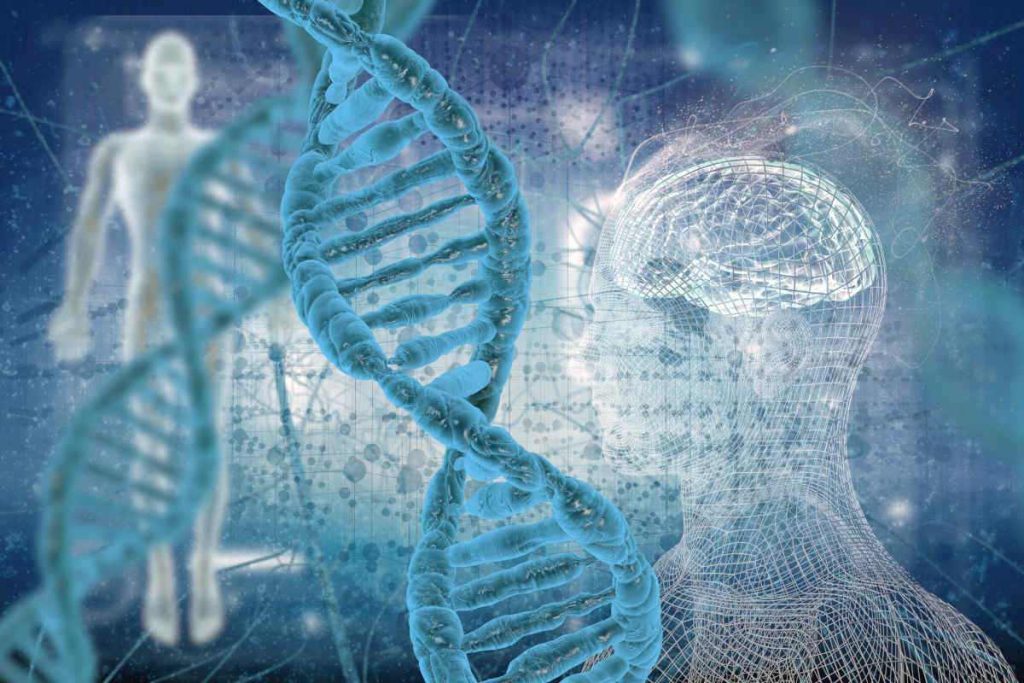In the realm of health and beauty, a groundbreaking concept has emerged that underscores the intricate interplay between our genetic makeup and the choices we make in our lives. This concept is known as epigenetics: a fascinating field that unveils how our lifestyle choices can significantly influence our health and enhance our beauty. Understanding the science behind epigenetics gives us valuable insights into how our daily decisions contribute to our overall well-being. In this comprehensive article, we delve deep into the phenomenon of epigenetics, exploring how the choices we make impact our health and beauty journey.
Epigenetics: How Lifestyle Choices Impact Health and Beauty
Epigenetics refers to the study of changes in gene expression that occur without any alteration in the underlying DNA sequence. This means that while our genes lay the foundation for our biological makeup, our lifestyle choices can determine whether these genes are switched on or off. This remarkable phenomenon is often described as a bridge between genetics and the environment, offering us the power to shape our health and beauty destinies.
The Role of Diet in Epigenetics
Nourishing Your Genes for Optimal Health and Beauty
Our dietary choices play a pivotal role in influencing our epigenetic marks. Foods rich in essential nutrients, antioxidants, and healthy fats can promote positive gene expression, contributing to vibrant health and radiant beauty. Incorporating a rainbow of fruits and vegetables into your diet provides a spectrum of nutrients that can help protect your DNA and support cellular repair processes.
Harmful Dietary Choices and Their Epigenetic Impact
Conversely, a diet high in processed foods, sugary treats, and trans fats can leave negative epigenetic imprints. These choices may lead to inflammation, oxidative stress, and compromised cellular function, ultimately affecting your overall health and manifesting in skin issues and premature aging.
Exercise: A Catalyst for Epigenetic Change
Unleashing Your Body’s Potential for Health and Beauty
Physical activity has been proven to induce positive epigenetic changes. Regular exercise can activate genes that enhance metabolism, improve cardiovascular health, and boost the production of endorphins, which contribute to a natural glow and sense of well-being.
Sedentary Lifestyle: A Silent Modifier of Genes
Conversely, a sedentary lifestyle can result in epigenetic alterations that increase the risk of chronic diseases and diminish vitality. Prolonged periods of sitting or inactivity can negatively impact gene expression, potentially undermining your efforts toward health and beauty.
Sleep: The Restoration of Cellular Harmony
Unlocking Beauty through Restful Sleep
Quality sleep is a cornerstone of epigenetic health and beauty. During deep sleep, the body undergoes crucial repair processes, including DNA damage repair and hormone regulation. Prioritizing sleep ensures optimal gene expression that contributes to clear skin, bright eyes, and radiance.
Sleep Deprivation: Disturbing the Epigenetic Balance
Conversely, chronic sleep deprivation can disrupt epigenetic patterns, leading to a cascade of adverse effects on both health and beauty. Dark circles, lackluster skin, and a compromised immune system are just some outcomes that underscore the importance of quality rest.
Stress Management: A Catalyst for Positive Change
Cultivating Inner Peace for Outer Radiance
Managing stress is an essential aspect of maintaining positive epigenetic modifications. Chronic stress triggers the release of stress hormones that can impact gene expression negatively. Techniques such as meditation, yoga, and mindfulness can create a harmonious environment within the body, reflecting outward as glowing skin and vibrant health.

Stress Overload: An Epigenetic Deteriorator
Excessive and prolonged stress can erode the epigenetic landscape, contributing to various health concerns and compromising the skin’s barrier function. Effective stress management strategies are pivotal in nurturing your inner and outer well-being.
Environmental Factors and Epigenetics
Unveiling the Impact of Toxins and Pollution
Our surroundings also play a crucial role in epigenetic modifications. Exposure to environmental toxins, such as air pollutants and chemicals, can leave detrimental marks on our genes. It’s imperative to minimize exposure to such agents and adopt habits that support detoxification processes within the body.
Embracing a Cleaner Environment for Enhanced Beauty
Creating an environment that promotes health and beauty involves:
- Making conscious choices, such as using natural and non-toxic personal care products.
- Consuming clean and filtered water.
- Reducing indoor pollution.
These actions safeguard your epigenetic well-being and reflect positively on your appearance.

